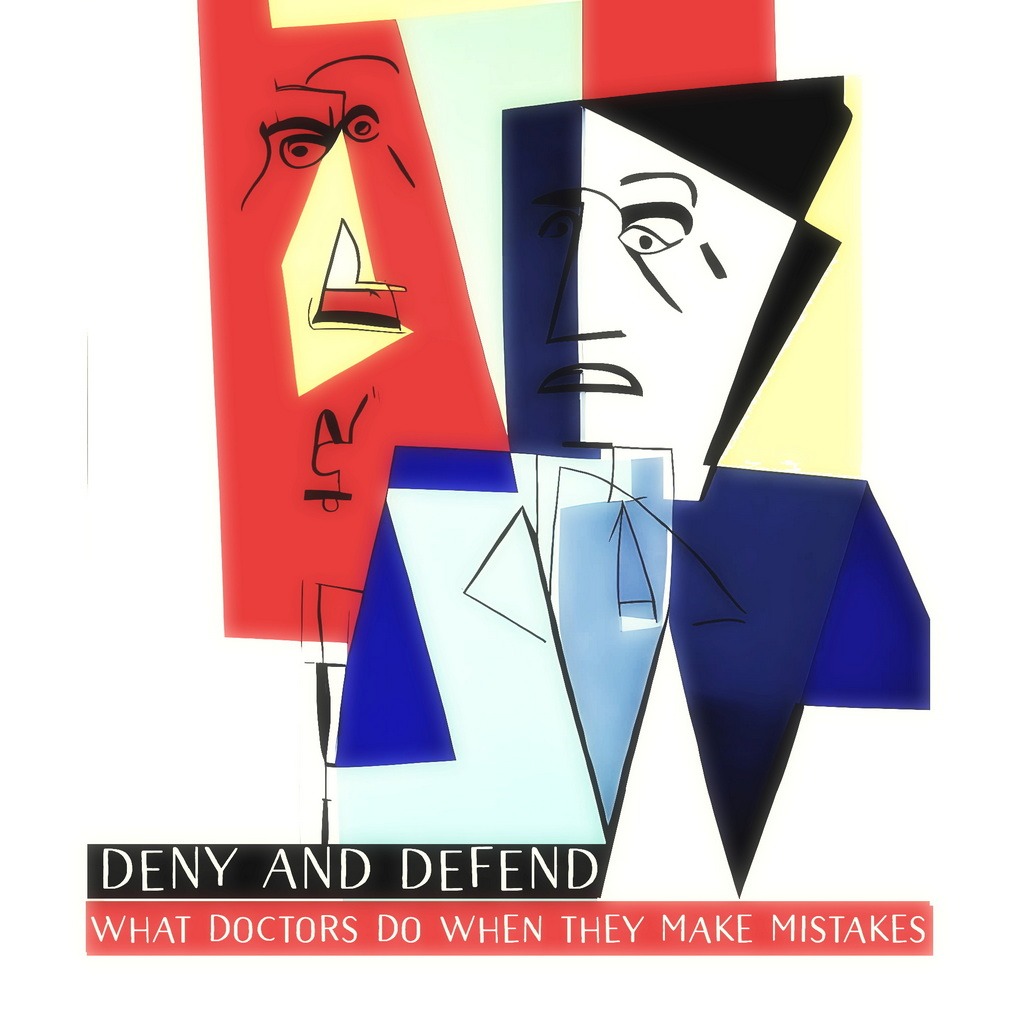The Deny and Defend Strategy for Medical Errors
The prevailing “deny and defend” strategy in healthcare presents significant ethical, emotional, and systemic challenges. This article explores the consequences of this approach, offers practical ways to avoid its pitfalls, and advocates for transparency to uphold the principles of “do no harm.”
Understanding “Deny and Defend”
When medical errors occur, the “deny and defend” strategy is often employed by healthcare providers and institutions. This approach involves:
- Denying Mistakes: Refusal to acknowledge errors or adverse outcomes.
- Defending Actions: Vigorously contesting malpractice claims, regardless of merit.
This adversarial tactic prioritizes institutional protection over patient well-being, eroding trust and exacerbating harm.
The Impact on Patients
Patients and families suffer immensely under “deny and defend.” Key consequences include:
- Delayed Justice: Patients face prolonged legal battles to receive compensation or accountability.
- Emotional Trauma: Denial of errors leaves patients feeling invalidated and powerless.
- Compounded Medical Harm: Delayed acknowledgment of errors can result in worsened medical outcomes.
- Erosion of Trust: The patient-physician relationship deteriorates, discouraging individuals from seeking care in the future.
Why “Deny and Defend” Persists
Several factors contribute to the persistence of this strategy:
- Fear of Litigation: Admissions of error are perceived as an invitation to lawsuits.
- Insurance Company Influence: Insurers often mandate this approach to minimize payouts.
- Cultural Resistance: A medical culture of infallibility deters openness.
- Lack of Training: Physicians may lack skills in disclosing errors empathetically.
Breaking the Cycle: Transparency and Reform
Reforming the “deny and defend” culture requires systemic changes. Here are actionable steps:
- Adopt Communication and Resolution Programs (CRPs): Encourage early disclosure of errors and offer fair compensation.
- Mandate Error Disclosure Training: Train healthcare professionals to handle these conversations effectively.
- Establish Clear Policies: Require institutions to adopt policies aligned with ethical obligations.
- Promote Accountability: Foster a culture where mistakes are opportunities for learning, not concealment.
- Legislative Reform: Enact “apology laws” to protect honest disclosures from being used against healthcare providers in court.
Key Agencies and Resources for Patients
Patients can turn to the following resources for guidance and advocacy:
- Agency for Healthcare Research and Quality (AHRQ): https://ahrq.gov
- National Patient Safety Foundation (NPSF): http://npsf.org
- Institute for Healthcare Improvement (IHI): http://ihi.org
- Patient Advocate Foundation: https://patientadvocate.org
How Patients Can Protect Themselves
- Educate Yourself: Understand your medical conditions and treatments.
- Keep Detailed Records: Document all interactions, treatments, and outcomes.
- Seek Second Opinions: Don’t hesitate to consult another professional if unsure.
- Know Your Rights: Familiarize yourself with patient rights and advocate for transparency.
- Engage Trusted Allies: Involve a family member or advocate to provide additional oversight.
Ethical Implications: “Do No Harm”
The “deny and defend” approach contradicts the foundational principle of medicine: “do no harm.” Physicians are ethically obligated to:
- Disclose Errors: Openly acknowledge mistakes and their implications.
- Support Patients: Provide resources and solutions to address harm caused.
- Foster Trust: Maintain honesty and integrity in all interactions.
Final Thoughts
The “deny and defend” strategy undermines patient trust, perpetuates harm, and fails the ethos of medical practice. By fostering transparency, accountability, and reform, we can build a healthcare system that genuinely prioritizes patient safety and well-being.As a victim of the Deny and Defend tactics.
I was so profoundly impacted that I felt compelled to create this blog to raise awareness and advocate for change.
Related Articles

